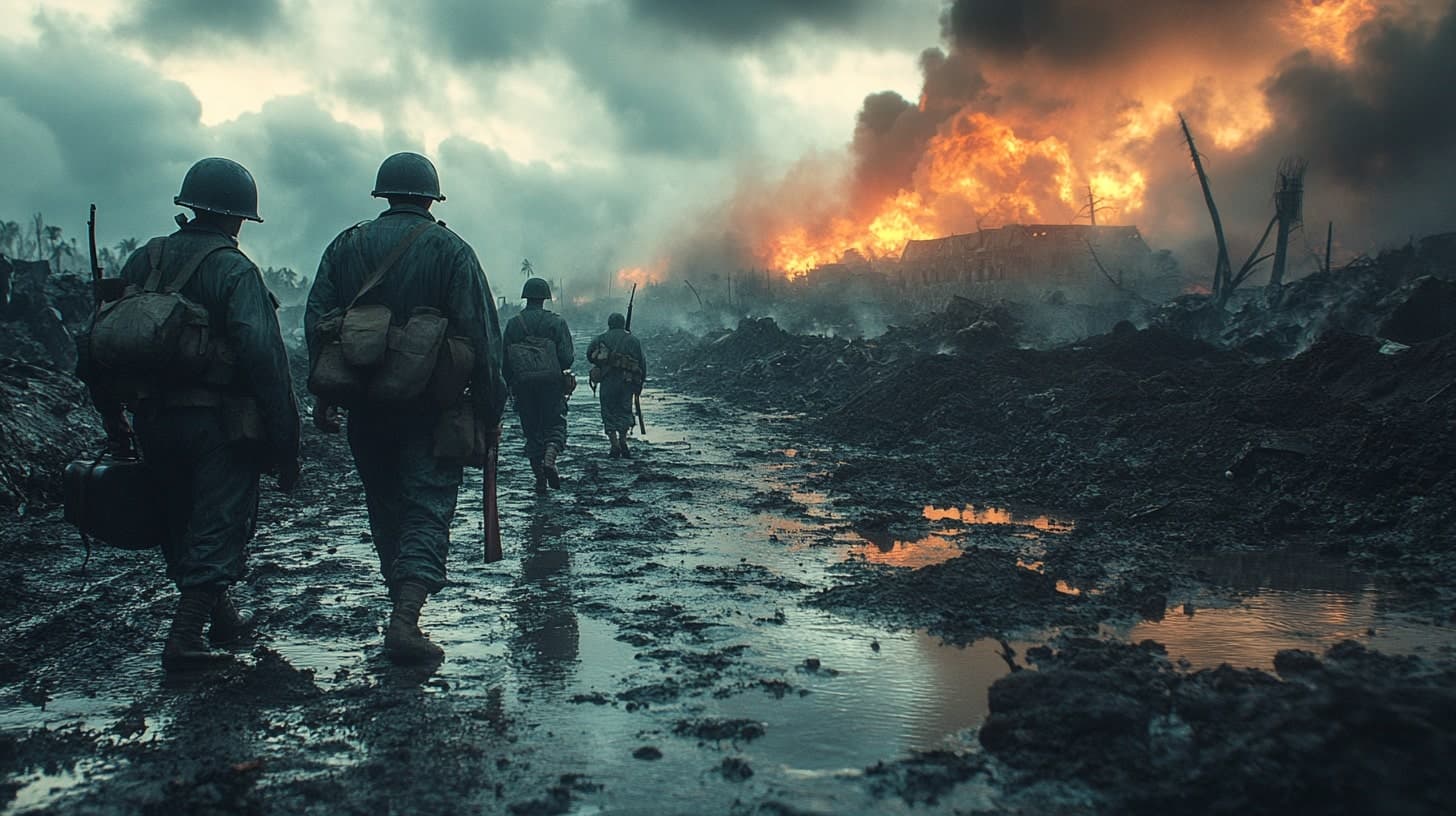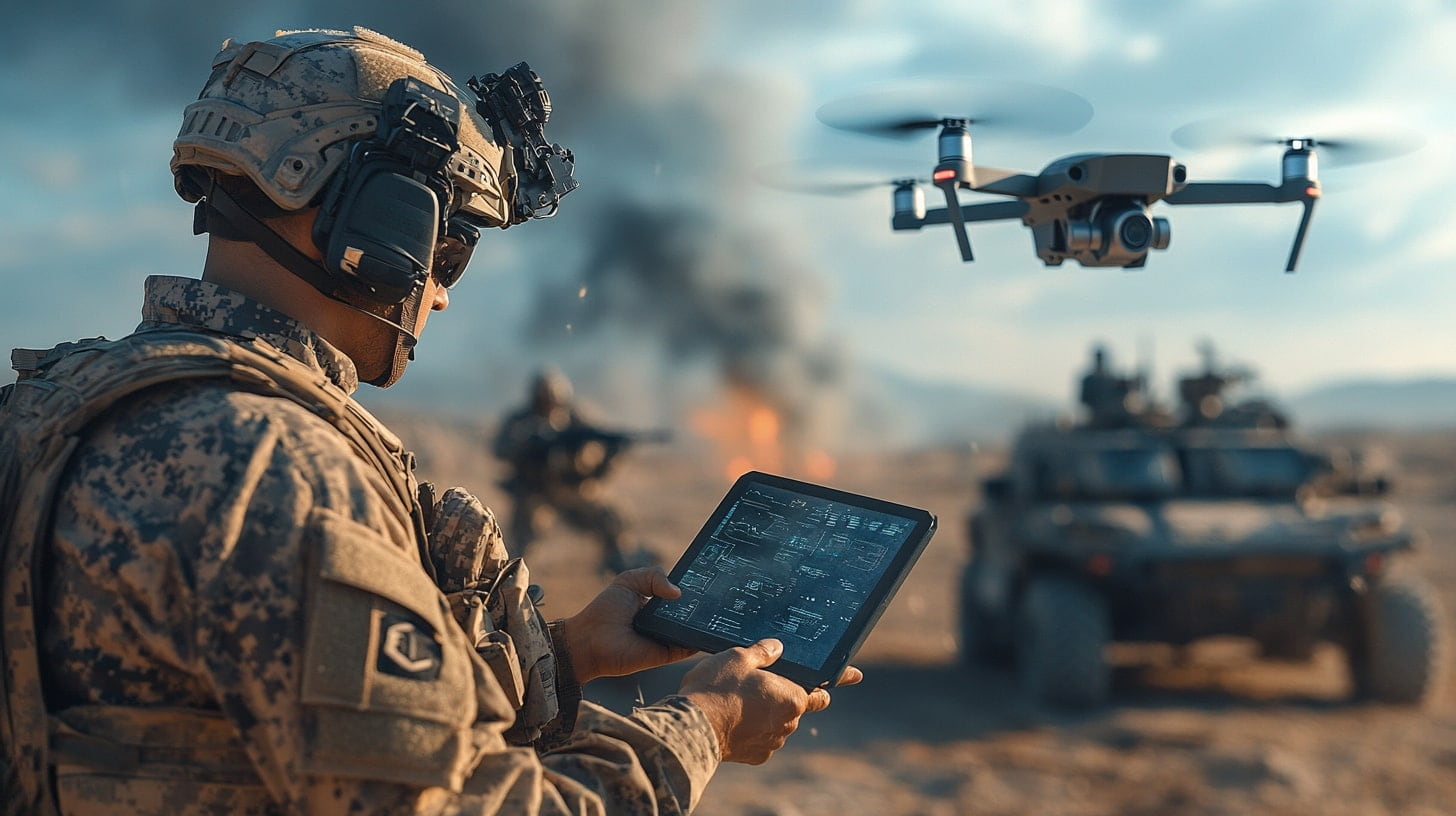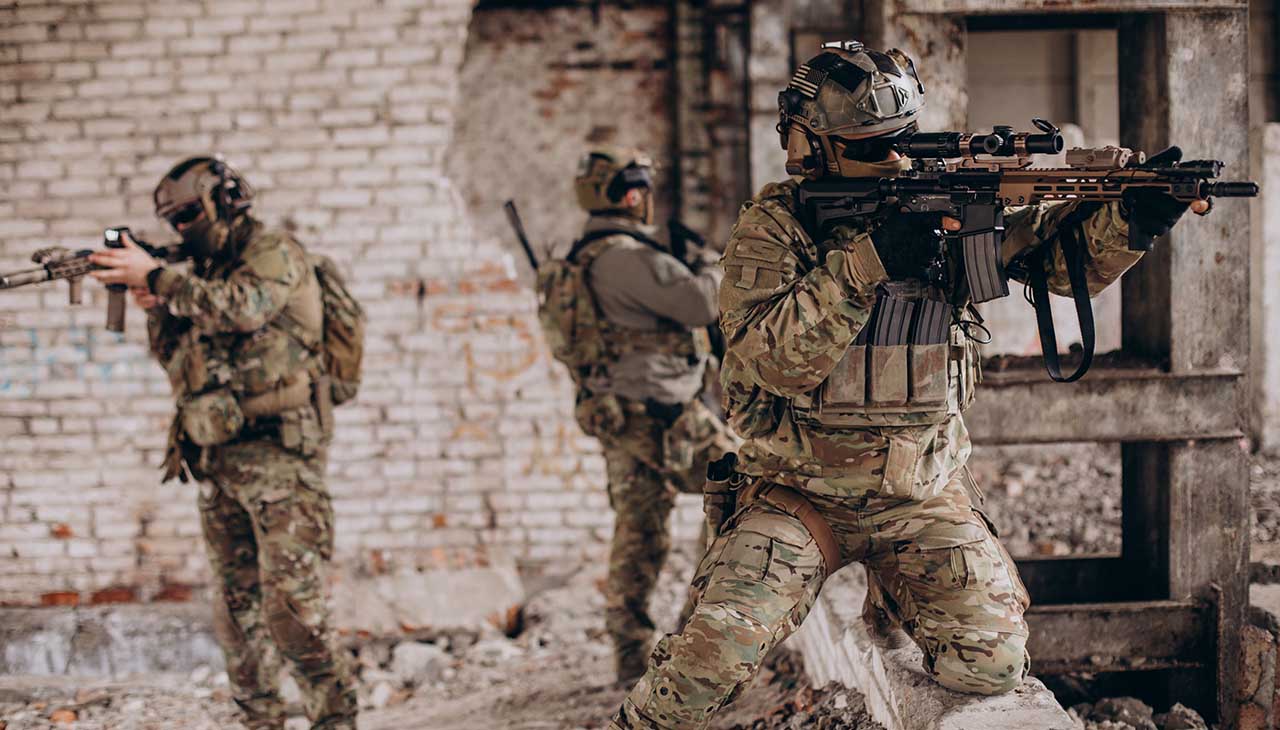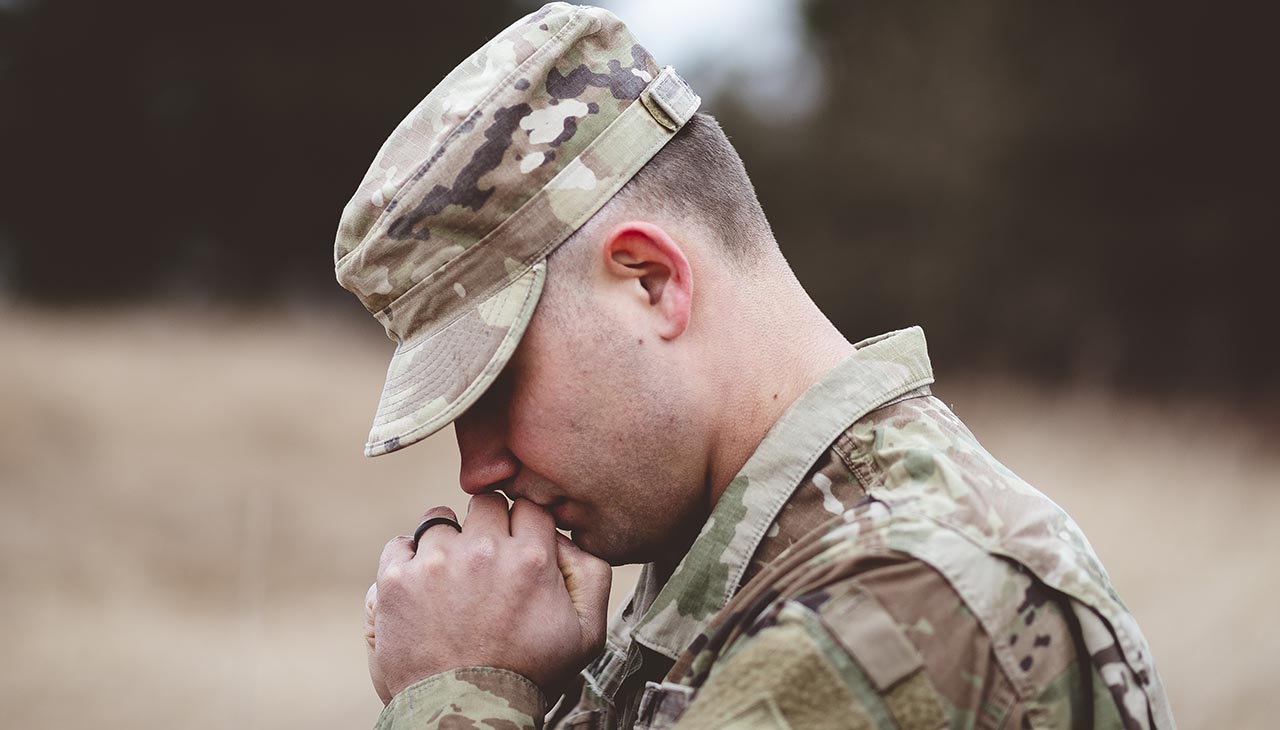In an increasingly turbulent world fraught with conflicts and cross-border tensions, peacekeepers operate under the auspices of various international organizations to foster stability and enforce ceasefires. Their valiant efforts often go unrecognized despite their critical contributions to maintaining peace and security. This document aims to shed light on the pivotal role played by peacekeepers in mitigating the effects of war and conflict, offering a beacon of hope to regions struggling under the weight of unrest. Through their unwavering dedication and commitment, peacekeepers help navigate the complex road to reconciliation and rebuilding, providing indispensable support to afflicted communities worldwide.
The Role of Peacekeepers
Maintaining Peace and Security
Peacekeepers serve as a neutral force in conflict zones, effectively deterring the escalation of violence. By their very presence, they create safer environments, allowing for the possibility of dialogue and a return to normalcy. Their operations include patrolling disputed areas, monitoring ceasefires, and carrying out disarmament procedures, all essential to preventing further bloodshed and instability.
Humanitarian Assistance
Beyond their security roles, peacekeepers are often among the first to provide humanitarian aid to those affected by conflict. They facilitate the delivery of food, medical aid, and shelter, ensuring civilians have access to life-saving services. Moreover, their efforts help to restore basic infrastructure, such as schools and hospitals, which are critical for community resilience and recovery.
Facilitating Diplomacy and Negotiation
Peacekeepers play a critical role in the diplomatic arena by aiding in peace negotiations and mediation efforts between conflicting parties. Their involvement lends credibility and structure to talks that might otherwise falter, and their impartiality helps to build trust. Through these efforts, they lay the groundwork for sustainable peace and long-term conflict resolution.
Challenges Faced by Peacekeepers
Security Risks
Peacekeepers are often deployed into volatile and unpredictable environments where the risk of violence is a constant reality. Operating in such conflict zones exposes them to extreme danger, including the threat of direct attacks by warring factions. Despite their neutral stance, peacekeeping forces can be targeted by groups seeking to gain leverage in a conflict or to express opposition to international intervention. These security risks undermine peace operations and pose significant challenges to the safety and effectiveness of these brave individuals on the ground.
Resource Constraints
Equipping and maintaining peacekeeping missions is an arduous task often hampered by limited funding and logistical support. Resource constraints can result in underfunded missions, with peacekeepers facing a strain on their personnel and critical equipment. This scarcity undermines the capacity of peacekeeping forces to perform their duties effectively and respond to crises promptly. It not only limits their operational reach but also contributes to difficulties in sustaining long-term peace initiatives, ultimately affecting the lives of those reliant on their support.
Impact and Success Stories
Case Studies of Successful Peacekeeping Missions
Despite the formidable challenges peacekeepers face, there are several instances where their presence has been transformational in achieving peace and supporting post-conflict recovery. One such case is the United Nations Mission in Liberia (UNMIL), which helped to bring an end to years of civil war and assisted in national recovery efforts. The mission played a key role in disarming tens of thousands of combatants, and its continuous presence helped to maintain a peaceful environment conducive to Liberia’s first democratic elections post-conflict. Similarly, the UN Interim Force in Lebanon (UNIFIL) has been pivotal in maintaining peace along the Lebanon-Israel border. Its operations have significantly decreased hostilities in the area and facilitated the return of displaced persons.
Testimonials from Affected Communities
The positive impact of peacekeeping is often most powerfully conveyed through the voices of those directly affected by their work. For instance, a community leader in South Sudan expressed deep gratitude: “The peacekeepers acted as guardians during our darkest times. Their camps were havens for our families when the fighting was at our doorsteps.” Likewise, a teacher from the Democratic Republic of the Congo shared, “Thanks to the peacekeeping mission, our school was rebuilt, and the children are no longer afraid to attend classes. They have given us the foundation to rebuild our community.” These testimonials underscore the profound personal and societal benefits derived from the diligent and compassionate work of peacekeepers around the globe.







Leave a Reply